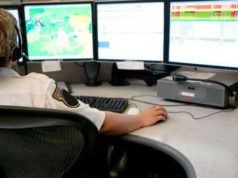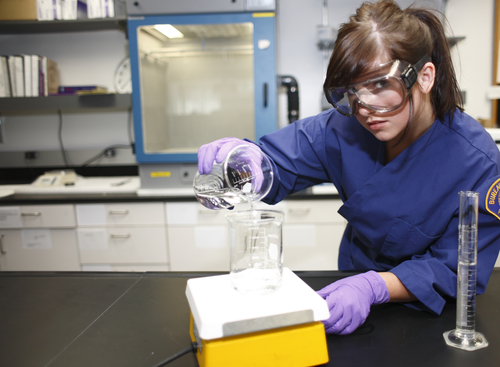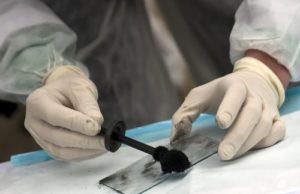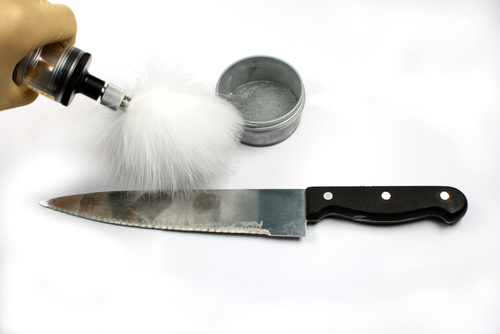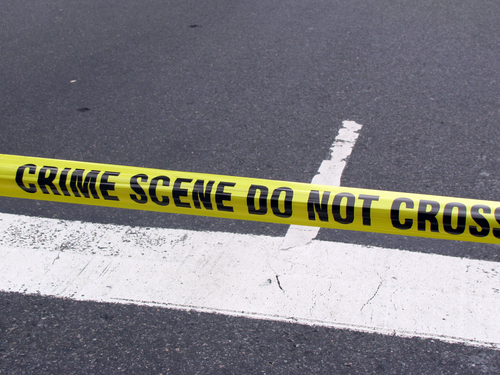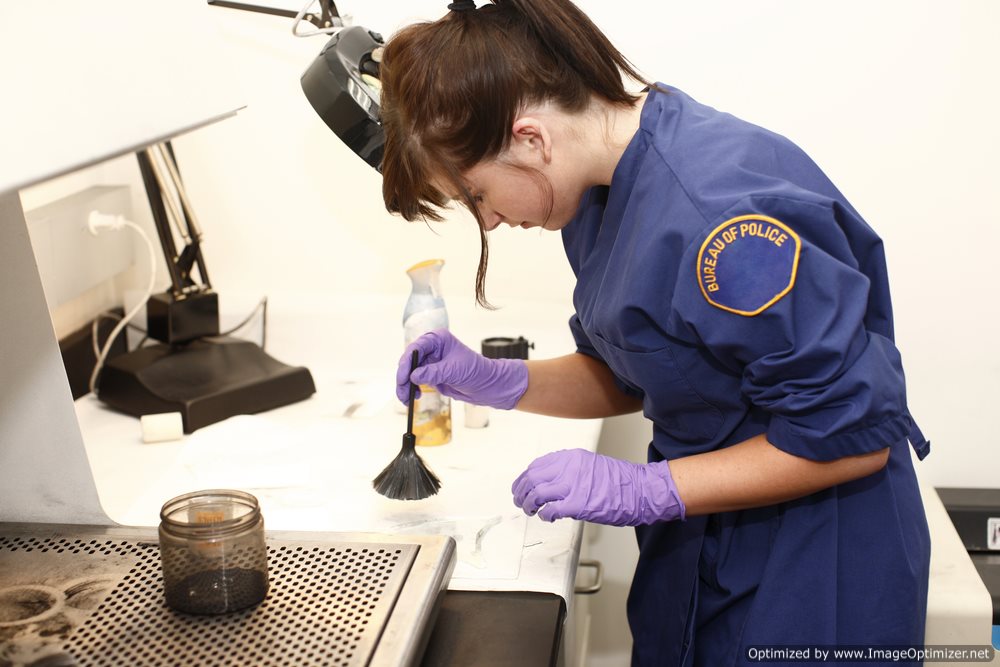
Forensic Science Defined?
Forensic science is a combination of broad
scientific fields and is used to answer questions revolving around crime scenes
and legal matters. Forensic science may be applied to a felony or a civil
action. However used, the field of forensic science will apply various
technologies and formulas to expedite an investigation. As a result of
advancements in computer technologies and the evolution of scientific fields,
forensic science is regarded as an integral aspect for crime scene
investigation. Forensic science, regardless of the specific field, is used to
evaluate crime scenes in hopes of extracting evidence that will ultimately lead
to a conviction.
Forensic science, because of the agglomerated
framework, is often described as a broad discipline within the science and law
enforcement community. Within forensic science exists a number of specific
disciplines, which may range from forensic veterinary science to forensic
anthropology.
Individuals involved in the field of forensic
science are part of an ancient tradition where the facts of legal matters are
thoroughly analyzed in scientific manner to gain pertinent information that can
ultimately be used in an investigation and subsequent prosecution.
What does a Forensic Scientist do?
A forensic science technician will gather evidence
in criminal and legal matters to determine the underlying facts of the issue. A
forensic science technician, upon analyzing the evidence, will deliver his or
her findings to the courtroom. As a result of this function, forensic science
plays a crucial role in delivering justice.
If an
individual is charged with murder, a forensic scientist will be called in to
investigate the crime scene. Depending on the individual’s specialty or field,
a forensic scientist will observe fingerprints, hair strands, clothing, and DNA
samples to pinpoint the identity of the criminal. When the information is
gathered, the forensic scientist will transfer the evidence to a lab where he
or another forensic scientist will conduct various tests.
When the tests are concluded and the information
is regarded as fact, the forensic scientist will testify in court as to the
details found at the crime scene. This testimony, which is often regarded as expert
testimony, acts as the foundation for a conviction.
A forensic scientist typically focuses on one of
area of expertise. Those involved in forensic science may specialize in DNA
analysis, ballistics, or firearms and toxicology. In addition, the field of
wildlife forensics is considered to be increasing in importance as incidences
of illegal poaching increase throughout the world. In a similar fashion, the
field of forensic psychiatry is also in increasing demand as the criminal
justice system aims to understand why an individual partakes in criminal
actions.

